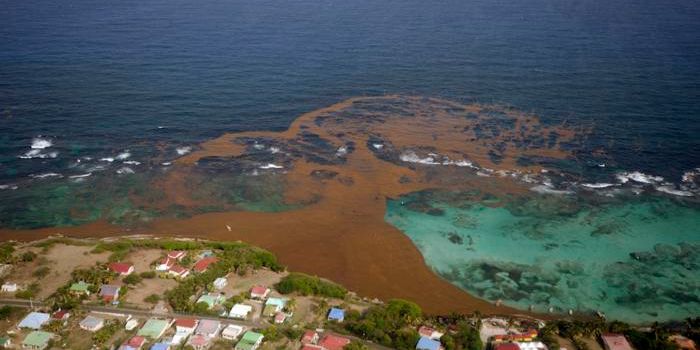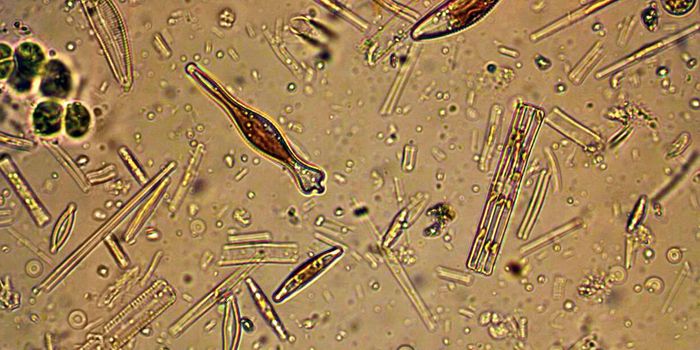In the wild, animals mature faster than humans, often mating and producing offspring even as young as a year old. The life span of some animals requires this early maturity, but new information about an ocean dweller, the great white shark, has shown that these predators are actually late bloomers, much later than previously understood.
Male great white sharks take 26 years to reach sexual maturity, and females take as long as 33 years to be ready to have baby sharks, according to a new study. These new age milestones are decades later than originally thought. Up until recently it was estimated that females reach maturity some time between 7 and 13 years of age and males began to reproduce between 4 and 10 years old.
Great white sharks, especially males, are by nature elusive. They are difficult to study accurately while alive, due to their tendency to attack. The data scientists currently have about them comes mostly from dead animals that were necropsied or from anecdotal reports of observations in their habitat.

Previously the age of great white sharks was estimated by examining pairs of rings that alternate between translucent and opaque in the sharks' vertebrae. But exactly why these dark and light patches form as a shark grew wasn't clear.
"There are theories: They're laid down because of food, because of light, because of migration. We don't really know," said the study's lead author, Lisa Natanson, a fisheries biologist and shark researcher at the National Oceanic and Atmospheric Administration's Northeast Fisheries Science Center
Natanson said that until last year, scientists didn't know whether these bands formed annually, like the rings in tree trunks, or if they developed and changed over time. The bands are also difficult to identify objectively because they are not always clear and can look different if the vertebrae is not sliced uniformly in all samples.
But it wasn't until a 2014 study in the journal PLOS ONE that Natanson and her colleagues found a way to more accurately age sharks and they had the nuclear age to thank for their findings. Nuclear bomb tests in the 1950s and 1960s caused spikes in the atmospheric levels of the radioactive isotope carbon-14. Marine creatures absorbed the resulting radioactive fallout that accumulated in the oceans. Since these nuclear tests were well documented and had distinctive amounts of carbon-14, the tissues of some older marine animals could be correlated with specific years.
Scientists working on this 2014 study were surprised to learn that great white sharks were considerably older than previously thought. They documented that the oldest individual animal in the study was likely 73 years old.
The researchers were also able to compile data for the species by combining age and size data from the captured sharks with existing data on the size at which great whites reach sexual maturity. At least in the Atlantic Ocean, where the data was collected, the sharks matured much more slowly than previous estimates.
While in theory any species that is slow growing and late in achieving sexual maturity could be at risk from overfishing Natanson doesn't believe that is a risk because hunting great white sharks is already banned and they are not captured in great numbers.
The study was published online Jan. 6 in the journal Marine and Freshwater Research.










